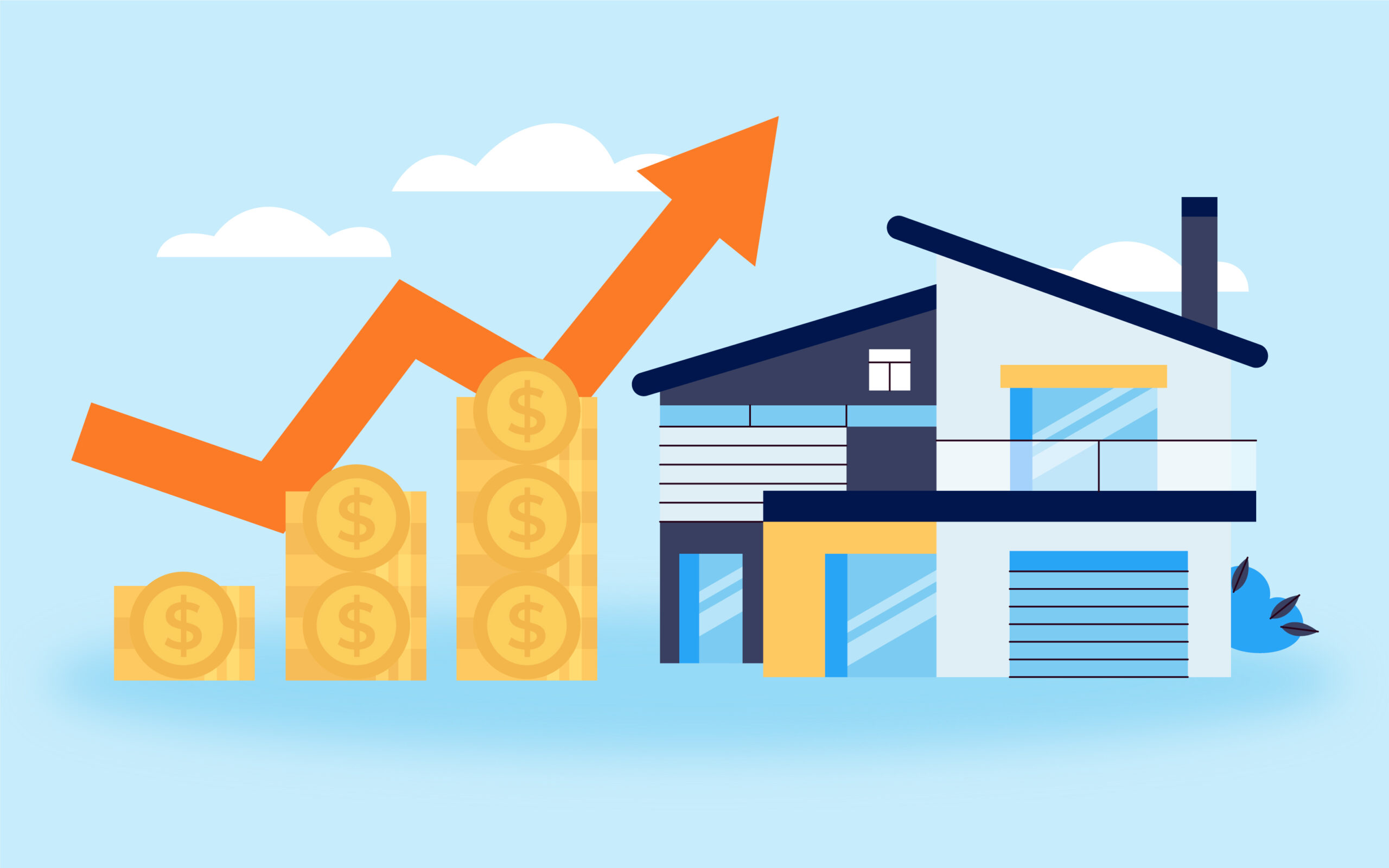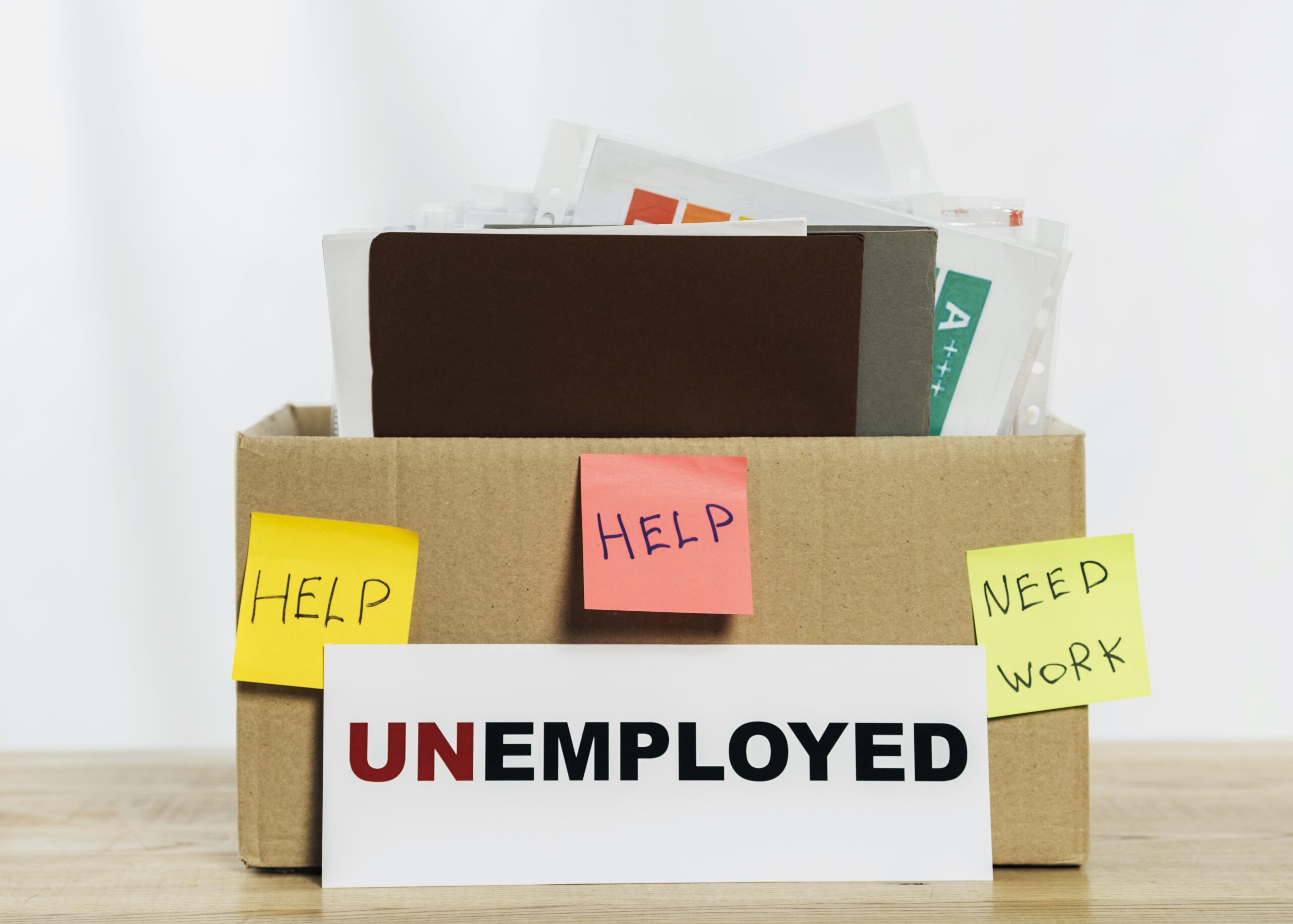Your First Paycheque: Spending, Saving & Investing

Congratulations on earning your first paycheque! It’s an exciting milestone – but figuring out how to stretch that money for both now and the future can be challenging. The good news is that with a bit of planning, you can enjoy your hard-earned cash and set yourself up for financial success. In this guide, we’ll walk through budgeting strategies, building savings (including an emergency fund), understanding superannuation, and beginner-friendly investments, all tailored for young Australians. No lectures, just practical tips to help you make the most of your first income.
Create a Budget and Spend Wisely
The first step to managing your first paycheque is budgeting – a word that might sound boring, but it simply means having a plan for where your money goes. Start by looking at your take-home pay and your expenses. A popular rule-of-thumb is the 50/30/20 rule: about 50% of your pay goes to needs (rent, bills, groceries), 30% to wants (eating out, entertainment), and 20% to savings or investments. This isn’t a hard-and-fast law, but it’s a handy starting point. The key is to spend less than you earn and give each dollar a purpose.
Try tracking your spending for a month – you might be surprised where your money actually goes. Little expenses add up: for example, $50 a week on café lunches doesn’t sound like much, but that’s $2,600 over a year! By being aware of these habits, you can decide what’s worth it and what you’d rather save. Consider using a budgeting app or digital tool to help – they can make tracking expenses easier (and even fun). Also, think ahead to any irregular costs coming up. If you know you’ll want money for a music festival, new phone, or rego renewal, include those in your plan. Planning for such costs in advance means you won’t be caught short – you might cut back elsewhere or pick up an extra shift to cover a big treat. Budgeting isn’t about depriving yourself; it’s about being in control of your money so you can spend on what truly matters to you.
Pay Yourself First: Build Savings and an Emergency Fund
One of the smartest habits you can start from your very first paycheque is “paying yourself first.” This means when payday comes, you immediately put aside a portion of your pay for yourself – into savings – before you start paying bills or buying stuff. Even if it’s a small amount, get into the routine of saving a portion of every paycheque. For example, you might set aside 10% or $50 from each pay; over time, this becomes a healthy nest egg. In fact, saving even $20 a week will grow to over $1,000 in a year, thanks to consistency. The trick is to make this automatic: have your bank or employer split a bit of your pay into a separate savings account each payday so you’re not tempted to skip it. Automating your savings ensures you don’t spend that money first – “set and forget” and watch your savings grow.
Set a savings goal to stay motivated. Think about what you’re saving for – it could be an emergency fund, a upcoming trip, a car, or moving out of home. Having a goal makes it easier to say no to unnecessary splurges. For instance, if you dream of backpacking in Asia or buying a new laptop, remind yourself that every $10 you don’t spend on impulse buys is going toward that goal. Some people even put a picture of their goal (a beach, a car) on their wall or phone for inspiration.
Start an Emergency Fund
Top priority for your savings should be an emergency fund – a safety net for life’s surprises. This is money for urgent, unexpected expenses (car repairs, medical bills, or if you lose your job) so you don’t have to rely on credit cards or loans when something happens. Aim to build up 3–6 months’ worth of living expenses in your emergency fund. That might sound like a lot, but don’t be overwhelmed – start small and build up gradually. Even a starter emergency fund of say $1,000 is a great cushion for minor crises. Ultimately, having a few months of expenses saved is ideal, which could be a few thousand dollars, but every bit you tuck away gets you closer.
Keep your emergency money somewhere safe and accessible, but separate from your everyday spending. A good option is a separate high-interest savings account (many online banks offer accounts with bonus interest if you make regular deposits and no withdrawals). By separating it, you won’t be as tempted to dip into it for non-emergencies. And remember that automation trick: set up an automatic transfer (even a small amount) to this account every time you get paid. You’ll be surprised how quickly it grows without you having to think about it.
Importantly, don’t neglect fun and personal rewards entirely – it’s okay to celebrate your first paycheques! Just budget for treats rather than spending impulsively. That way you enjoy your earnings within limits. Being young and earning is about finding balance: save for the future and live your life now.
(Quick note: If you have any debts, like a credit card or personal loan, you’ll also want to factor those into your plan. High-interest debts should be paid off as a priority, since they cost you more the longer they hang around. On the other hand, student loan debt (HECS-HELP) works differently – it’s paid automatically through your tax once you earn above a threshold and only grows with inflation, so it usually doesn’t need to be rushed. Focus on building good habits with your active income while staying on top of any minimum debt repayments.)
Superannuation: Don’t Ignore Your Future Fund
“Superannuation” (or just super) might sound complicated or irrelevant in your teens and 20s, but it’s actually a big part of your money – and it’s very Australian. Super is basically a retirement savings account that you typically can’t touch until you’re older (currently around age 60). Why care now? Because small steps in your super now can mean a huge difference later, thanks to the power of compound growth over decades.
When you start a job in Australia, your employer is required to contribute a portion of your earnings into your super. This is called the Superannuation Guarantee. As of 2025, employers must put the equivalent of about 11–12% of your pay into your super fund on top of your wages – it’s essentially extra money for you, locked away for the future. You’ll see these contributions on your pay slip (check that you are getting them, because mistakes can happen). Even if you’re a casual or part-timer you usually get super; if you’re under 18, you need to work over 30 hours in a week to be eligible.
Since super is your money, you have a say in how it’s managed. When you started your job, you might have been asked to choose a super fund. If you didn’t, your employer would have a default fund (and from 2021, your super follows you to new jobs by default). It pays to take a little interest in your super account: know which fund you’re with, and what fees and investment options it has. Over the long run, high fees or poor performance can eat away at your balance. You can compare funds and switch if needed (look at comparison sites or MySuper products which are simple low-fee options for young people).
Another smart move is to consolidate your super if you have more than one account. Many of us have multiple super accounts from casual jobs during school/uni – each charging fees. Consider rolling them into one to avoid those duplicate fees (the Australian Taxation Office’s online services via myGov can help find lost super accounts). Every dollar saved on fees is a dollar that stays invested for your future. And if your budget allows, even making a small voluntary contribution to super now and then (or opting into employer programs like salary sacrificing to super) can give your future nest egg a boost, with tax benefits as a bonus. Just remember that money will generally be locked up until retirement age, so only contribute extra if you won’t need it in the short term.
Bottom line: don’t completely ignore your super. It’s essentially forced savings for your future. Pay a bit of attention now – it’ll pay off later when you find you have a substantial fund growing for you in the background.
Investing for Beginners: Make Your Money Grow
Once you have a budget in place, some savings accumulating, and maybe your emergency fund started, you might think about investing. Investing is a way to make your money work for you by putting it into assets like stocks, exchange-traded funds (ETFs), or other vehicles that can grow over time. It’s definitely not required on day one of your first job – and you should never invest money you’ll need for essential expenses or emergencies. But even with a small income, starting early with investing can be hugely beneficial due to compounding (earning returns on your returns).
Before you begin, ensure you’ve got that rainy-day savings buffer in place. Think of it as a foundation: build the safety net first, then take steps into investing. With that said, you don’t need thousands of dollars to get started investing. These days, there are micro-investing platforms and apps that let you begin with just a few dollars. For example, apps in Australia like Sharesies, Raiz or Spaceship allow you to invest with as little as $5 by rounding up your spare change or making small weekly contributions. This money is typically invested in a mix of shares and other assets behind the scenes. It’s a great, low-barrier way to dip your toe into the market and learn by doing, without risking more than you’re comfortable with.
Another beginner-friendly approach is to buy Exchange-Traded Funds (ETFs) through a broker (some banks have easy apps for this too). An ETF is basically a ready-made basket of investments. For instance, one ETF might contain the top 200 companies on the ASX (Australian Securities Exchange). When you buy a unit of that ETF, you’re effectively buying a tiny slice of all those 200 companies – meaning you get instant diversification and lower risk than buying any single stock. Some ETFs or micro-investing platforms let you start with $50 or $100, which is much more accessible than the old days of needing a large sum to buy shares. Over time, you can add more whenever you have spare money. The goal at this stage isn’t to get rich quick (beware of anyone promising that!), but to build a habit of investing regularly and learning how markets work. Even modest investments can grow significantly given enough time – so your future self will thank you for every $100 you invest in your 20s.
A few pointers for newbie investors: stick with simple, low-cost, diversified investments to start (broad market index funds or ETFs are ideal, as noted above). Be mindful that investments can go up and down in value – that’s normal. So, only invest money you won’t need for a while, and don’t panic if the value fluctuates in the short term. Investing is a long game, and patience generally pays off. If in doubt, do some research (there are great free resources and podcasts on investing for young Aussies) or consider speaking to a financial advisor for personalized advice. And remember, you are investing in yourself too – building knowledge and confidence with money now will pay dividends throughout your life.
Final Tips: Keep It Balanced and Enjoy the Journey
Managing your first paycheque well is all about balance. You want to cover the essentials, treat yourself a bit, save for the future, and maybe grow your wealth – all at the same time. It might sound like a lot to juggle, but if you set up a simple system (budget → save → then spend) it becomes second nature. By budgeting and living within your means, you’ll avoid the stress of living paycheque to paycheque. By saving regularly and maintaining an emergency fund, you’ll have a financial cushion for surprises and opportunities. By paying attention to your super now, you’re giving your future self a huge gift. And by cautiously stepping into investing, you’re opening the door for your money to work for you over the long term.
A few more quick tips for young Aussies starting out:
- Use tech to your advantage: Leverage banking apps and budgeting tools that automatically track your spending, remind you of bills, and even forecast how much you can save or invest each pay cycle. Many Aussie banks have features to help manage cash flow and spare cash – take the time to explore these, as they can simplify your financial life.
- Avoid costly pitfalls: Try not to rely on credit cards or Buy Now Pay Later services to fund a lifestyle beyond your income. High interest or fees can trap you in debt. If you do use a credit card for convenience, commit to paying it off in full each month. Debt can snowball and eat into your future savings, so use it wisely and sparingly.
- Celebrate milestones: Did you stick to your budget this month? Save up a $1,000 emergency fund? Invest your first $100? Awesome! Give yourself a pat on the back (and maybe a little reward within your budget). Managing money is a learning process, and it’s okay to enjoy some of it – just plan for it. You’ve earned that treat.
- Keep learning: Financial literacy isn’t one-and-done; as you grow, you’ll face new situations – moving out, buying a home, tax time, etc. Take advantage of free resources like the government’s MoneySmart website, or your bank’s articles and tools, to build your knowledge. Even following a few personal finance influencers or podcasts (Australian ones, so the advice is relevant) can keep you motivated and informed.
Lastly, remember that everyone’s financial journey is different. It’s easy to compare yourself with friends – some might seem to be spending a lot on Instagram-worthy outings, others might already be investing in crypto or property. Don’t let FOMO drive your financial decisions. Stick to your plan and goals. As one young grad wisely said, “everyone is at different stages… as long as I’m clear on my goals, I’ll be okay.”
In summary: Use your first paycheque as an opportunity to set good habits. Budget so you know where your money is going. Save a bit of each pay (and build that emergency fund) to secure your financial safety. Pay attention to your superannuation – it’s your money working for your retirement. And consider investing small amounts to grow your wealth over time. By doing all this, you’re not just managing one paycheque – you’re laying the groundwork for a bright financial future. Now go forth and enjoy that feeling of getting paid, knowing you’ve got a solid plan for every dollar. Good luck, and happy saving!
Any advice is general in nature only and has been prepared without considering your needs, objectives or financial situation. Before acting on it, you should consider its appropriateness for you, having regard to those factors. Before making any decision about whether to acquire a financial product, you should obtain the Product Disclosure Statement.
Latest News Articles
Back to Latest News
Economists Flag A Tough 2026 as Interest Rates to Rise Again

Redundancy Isn’t Just a Job Loss – It’s a Financial Shock


